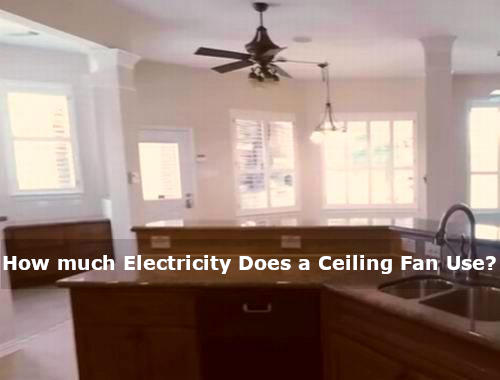
Early summer is an incredible time in California. Are you staying at home for a long time? It might be heavy. Why don’t you cruise and travel right now? Loads of sunshine in Los Angeles would impress you. How much electric does a ceiling fan use? Chilling and sunbathing on the beach, you won’t feel hot. Staying in a hotel, you commonly don’t care about utility costs. For native Angelinos, it’s a great concern. In warmer months, you are to stay cool at home. But the luxury might be cost-effective. What about a ceiling fan? Let’s discuss highlights of these stellar devices once again.
Benefits of Vacation Home Rentals
By 2021, you might be sick and tired of social isolation. It’s a necessity that makes us get butthurt or sad. Fortunately, non-essential traveling is becoming easier nowadays. Basic quarantine procedures are becoming shorter and simpler. It’s not difficult to reduce virus transmission.
California is an epic tourist destination. It offers you pleasant warm days and a cool ocean breeze in May. Why don’t you rent a house instead of staying in a hotel? Accommodation option of your choice should be well-equipped. It may include the best ceiling fans for low ceilings.
Anyway, staying in a rental home nowadays is:
- comfortable;
- affordable;
- safe;
- cozy.
According to a recent survey, willingness of Americans to travel is increasing. Rental beach houses usually come with the best outdoor ceiling fans. They provide cool airflow and a fresh breeze during hot summer days. Thus, by renting a house, you get a piece of private space. It’s much safer and comfortable than a campsite or hotel.
Which Amenities Do You Appreciate?
If you rent a beach house, you might need no air conditioning. Frequent fogs and gloomy weather won’t let you overheat in May. With average daily temperatures of about the 70s, you feel easy and cool. While peak season is only starting, rates are still moderate.
Thus, renting a hotel room, you commonly get air conditioning available. Implied warranty of habitability requires it. Is it cheaper to run ceiling fans or AC? During vacations, you shouldn’t worry about it. Both hotel rates and short-term rent commonly include utility costs.

Meanwhile, a rental house may include stellar amenities, such as:
- private swimming pools;
- patios or covered decks;
- garages;
- kitchens equipped with necessary appliances;
- shower/bathtubs.
Ovens, dishwashers and freezers available let you cook by yourselves. Best ceiling fans for all kitchens remove gnarly smoke and heat from the areas. These epic devices are common in bedrooms. They make your space cool and cozy. There, you can be chilling peacefully, forgetting about your monthly expenses.
Are Electric Ceiling Fans Expensive to Run?
During your summer vacation, you can be chilling. In a beach house, you get more room for your family gatherings than in a hotel. Besides, in your private space, you easily meet the current social distancing rules. Therefore, your parties and celebrations are completely safe.
Short-term rentals are much more comfortable than hotels. Additionally, they are cheaper. But unfortunately, no summer holidays last forever. Coming home, you are to estimate your routine expenses. In California, utility rates are high. So we are to consider air conditioner vs fan electricity usage.
In dry regions and cool places, your best ceiling fans for vaulted ceilings are effective. In comparison with time-honored AC units, these stellar devices are:
- decorative;
- eco-friendly;
- easier to install and use;
- cost-efficient.
Does ceiling fans save energy? They consume much less electricity than a powerful AC unit. So, if you live in a breezy, coastal area, a simple cooling device does the job. Residing in a northern city, like San Francisco, you would prefer it too.
How Much Electricity Does a Fan Use per Hour?
Living in a northern state like Alaska or Washington might be challenging. Cold dreary winters would make you feel bleak at home. Thus, central or, at least, ductless HVAC systems are necessary. Functional and versatile, they provide both heating and cooling.
In some cases, quality of air is critical. Filtering and dehumidifying it, mini-split systems benefit you. Certainly, reducing growth of dust mites and mold is essential. Rainy regions with high humidity are prone to these issues. In California, you may compromise it. Sunlight kills bacteria that live in dust.
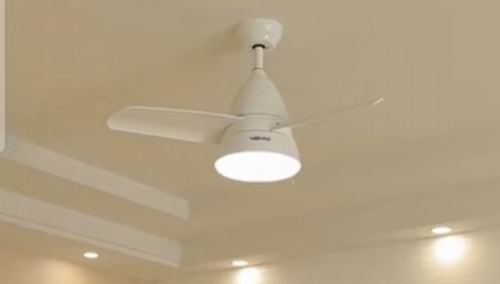
On the other hand, AC units release harmful gases. They affect the environment and use a grip of electricity. I would prefer the second option that is much healthier and quieter. How long do ceiling fans last? They operate flawlessly for 10 years, at least. Consuming only about 50-80 W/h, ceiling units save you a lot of money.
Is Running a Fan All Night Expensive?
Using 10-30 times less electricity than mini-split devices, ceiling fans are beneficial. Unlike their powerful counterparts, they are virtually maintenance-free. New, advanced models require no oiling. Sealed ball bearings make their motors virtually ever-lasting.
You just have to install the fan properly, then dust and clean the blades. In this case, it runs smoothly, without making noise. Should ceiling fans be left on all the time? These legit devices operate 24/7 seamlessly. They won’t overheat or burn out: efficient thermal protection prevents it.
Additionally, ceiling fans are versatile units. But for circulating air, they:
- decorate and illuminate your room;
- cool the space in summer;
- create a warm draft in winter;
- soothe you while you are sleeping.
Is it bad to sleep with a fan on? White noise is beneficial. It’s healthy and relaxing. Unlike the powerful A/C units, ceiling fans don’t make your skin itchy and dry. They don’t cause respiratory problems. If you clean the fan in time, it doesn’t collect dust.
Bottom Line
During your summer holidays, you won’t focus on ventilation amenities. Every hotel room or beach house you rent should have them available. The features are beneficial but optional. Both of them are versatile and efficient. Coming home, you would estimate your costs thoroughly. In cool and dry regions, you may prefer ceiling fans. These devices are attractive and space-saving. Quite naturally, you can leave them 24/7 safely. No overheating or fire risk exists. What about an increase in your electricity bills? It makes not more than 20-40 USD/year. So, I guess you can neglect this insignificant electricity consumption. Do it and enjoy the cool breeze all summer long, day and night.



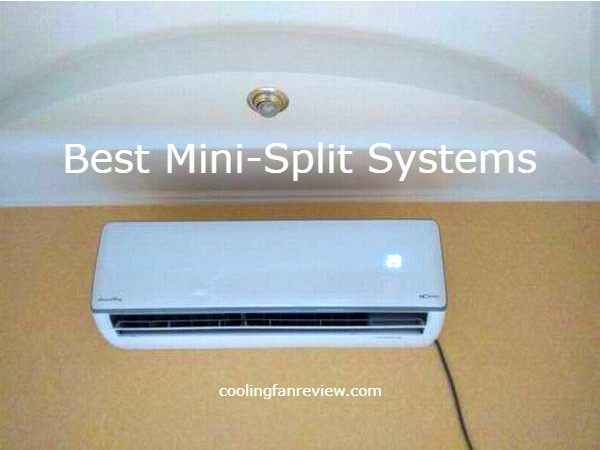
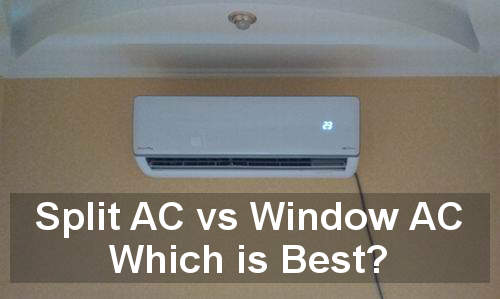
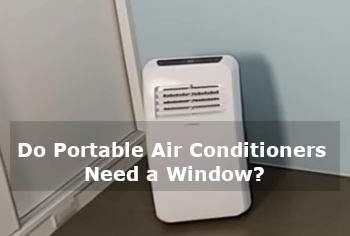

There are a variety of factors that determine how much electricity a ceiling fan uses, but the standard for a 100-watt model is to use about 200 watts of electricity at a minimum.